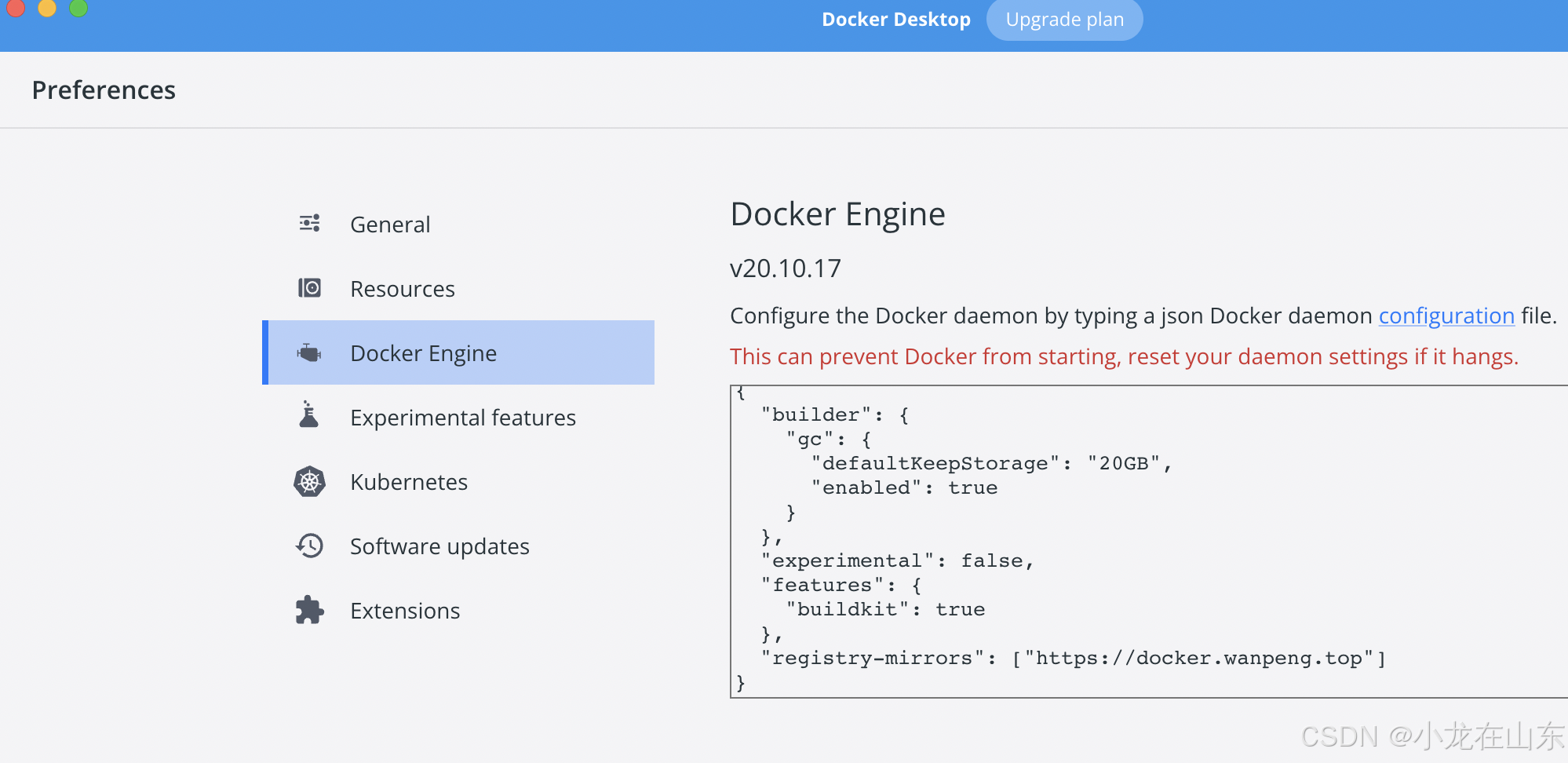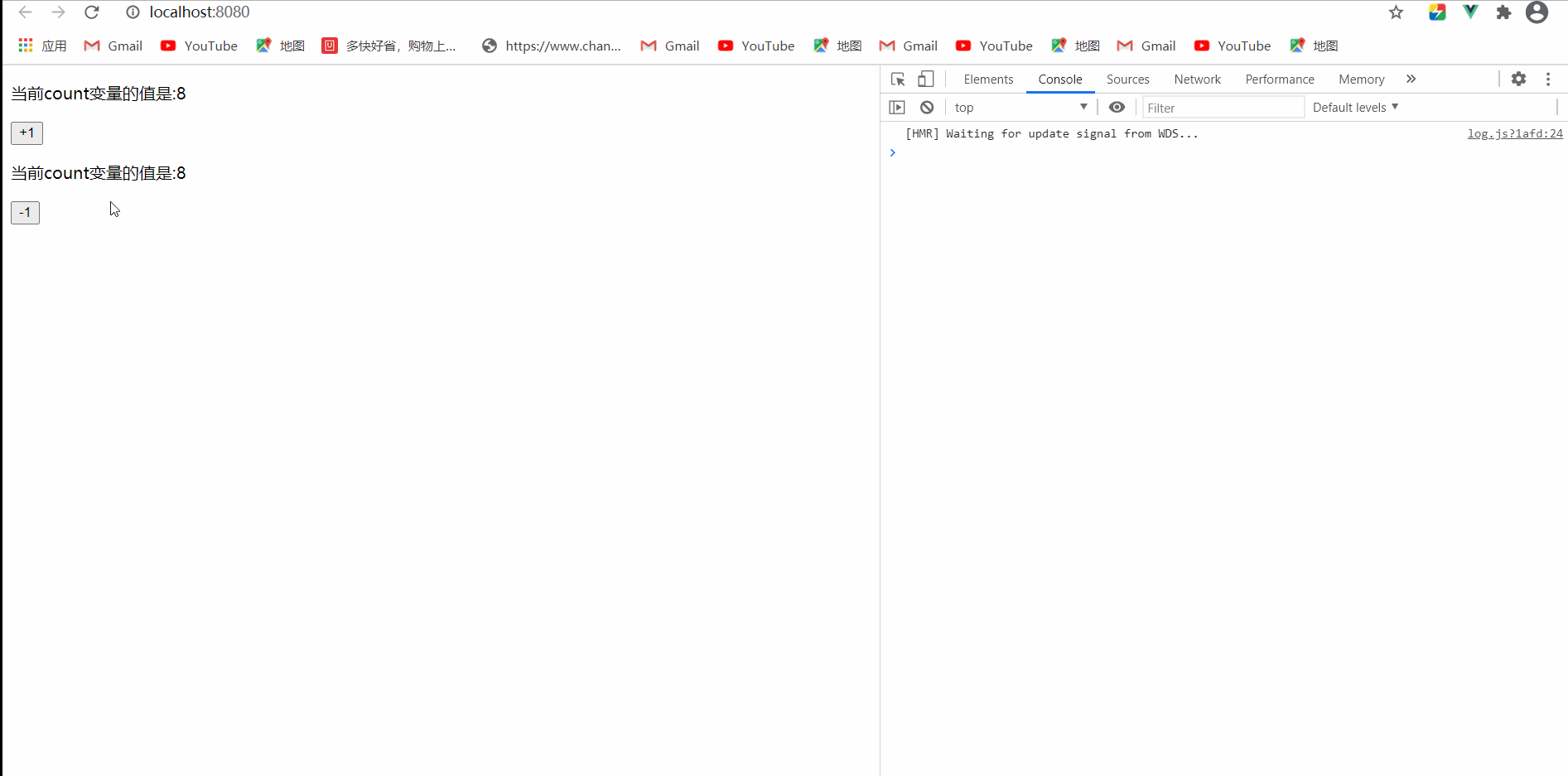七牛云对象存储操作(QiniuUtil)
- 配置:使用
com.qiniu.storage.Configuration类来配置上传设置,如指定区域(Region)和分片上传版本。 - 上传管理器:通过
UploadManager类来处理文件上传。 - 认证:使用
Auth.create()方法创建认证对象,然后生成上传凭证(upToken)。 - 上传:使用
uploadManager.put()方法上传文件,可以上传字节数组、文件路径或输入流。 - 错误处理:捕获
QiniuException来处理上传过程中可能出现的错误。
阿里云对象存储操作(AliOssUtil)
- 配置:使用
OSSClientBuilder来构建OSS客户端实例,需要提供 endpoint、accessKeyId、accessKeySecret。 - 上传:使用
ossClient.putObject()方法上传文件,可以直接上传字节数组或输入流。 - 错误处理:捕获
OSSException和ClientException来处理上传过程中可能出现的错误。 - 资源管理:在
finally块中关闭OSS客户端实例。
主要区别
- 客户端构建:七牛云使用
UploadManager和Configuration,而阿里云使用OSSClientBuilder。 - 认证方式:七牛云需要显式生成上传凭证(upToken),而阿里云的认证信息直接在
OSSClientBuilder中提供。 - 错误处理:七牛云捕获
QiniuException,阿里云捕获OSSException和ClientException。 - 资源管理:阿里云在
finally块中显式关闭OSS客户端,而七牛云的UploadManager通常不需要显式关闭。
注意事项
- 七牛云的上传凭证(upToken)是临时的,适用于短期的上传操作。
- 阿里云的
OSS客户端在不需要时应该关闭,以释放资源。
七牛云对象存储操作 (QiniuUtil)
@RestController
@RequestMapping("/admin/common")
@Api(tags = "通用接口")
@Slf4j
public class CommonController {@Autowiredprivate QiniuUtil qiniuOssUtil;//返回的data是必须的,所以指定泛型为String//Spring mvc 自动将返回值封装为json 参数名保持一致@PostMapping("upload")@ApiOperation("文件上传")public Result<String> upload(MultipartFile file) throws IOException {log.info("文件上传:{}",file);//获取原始文件名String originalFilename = file.getOriginalFilename();//获取文件后缀String suffix = originalFilename.substring(originalFilename.lastIndexOf("."));//构建新文件名称String objectName = UUID.randomUUID().toString() + suffix;//文件的请求路径 网址String filePath = qiniuOssUtil.uploadByBytes(file.getBytes() ,objectName);log.info("文件上传完成,文件访问的url: {}", filePath);return Result.success(filePath);}
}package com.sky.utils;import com.google.gson.Gson;
import com.qiniu.common.QiniuException;
import com.qiniu.http.Response;
import com.qiniu.storage.Configuration;
import com.qiniu.storage.Region;
import com.qiniu.storage.UploadManager;
import com.qiniu.storage.model.DefaultPutRet;
import com.qiniu.util.Auth;
import com.sky.properties.QiniuOssProperties;
import org.springframework.beans.factory.annotation.Autowired;
import org.springframework.stereotype.Component;import java.io.UnsupportedEncodingException;@Component
public class QiniuUtil {@Autowiredprivate QiniuOssProperties qiniuOssProperties;public String uploadByBytes(byte[] bytes, String objectName){//构造一个带指定 Region 对象的配置类com.qiniu.storage.Configuration cfg = new com.qiniu.storage.Configuration(Region.region2());cfg.resumableUploadAPIVersion = Configuration.ResumableUploadAPIVersion.V2;// 指定分片上传版本
//...其他参数参考类注释UploadManager uploadManager = new UploadManager(cfg);//...生成上传凭证,然后准备上传String accessKeyId = qiniuOssProperties.getAccessKeyId();String accessKeySecretKey = qiniuOssProperties.getAccessKeySecret();String bucketName = qiniuOssProperties.getBucketName();String endpoint = qiniuOssProperties.getEndpoint();//默认不指定key的情况下,以文件内容的hash值作为文件名String key = objectName;// byte[] uploadBytes = "hello qiniu cloud".getBytes("utf-8");Auth auth = Auth.create(accessKeyId, accessKeySecretKey);String upToken = auth.uploadToken(bucketName);try {Response response = uploadManager.put(bytes, key, upToken);//解析上传成功的结果DefaultPutRet putRet = new Gson().fromJson(response.bodyString(), DefaultPutRet.class);System.out.println(putRet.key);System.out.println(putRet.hash);// 构建文件访问路径String url = endpoint + "/" + putRet.key;return url; // 返回文件访问路径} catch (QiniuException ex) {ex.printStackTrace();if (ex.response != null) {System.err.println(ex.response);try {String body = ex.response.toString();System.err.println(body);} catch (Exception ignored) {}}return null;}}
}
注意
七牛云 页面无法显示已上传的文件是因为bucket要设置http:// 且https:// 也是不行的
阿里云对象存储操作 (AliOssUtil)
package com.sky.utils;import com.aliyun.oss.ClientException;
import com.aliyun.oss.OSS;
import com.aliyun.oss.OSSClientBuilder;
import com.aliyun.oss.OSSException;
import lombok.AllArgsConstructor;
import lombok.Data;
import lombok.extern.slf4j.Slf4j;
import java.io.ByteArrayInputStream;@Data
@AllArgsConstructor
@Slf4j
public class AliOssUtil {private String endpoint;private String accessKeyId;private String accessKeySecret;private String bucketName;/*** 文件上传** @param bytes* @param objectName* @return*/public String upload(byte[] bytes, String objectName) {// 创建OSSClient实例。OSS ossClient = new OSSClientBuilder().build(endpoint, accessKeyId, accessKeySecret);try {// 创建PutObject请求。ossClient.putObject(bucketName, objectName, new ByteArrayInputStream(bytes));} catch (OSSException oe) {System.out.println("Caught an OSSException, which means your request made it to OSS, "+ "but was rejected with an error response for some reason.");System.out.println("Error Message:" + oe.getErrorMessage());System.out.println("Error Code:" + oe.getErrorCode());System.out.println("Request ID:" + oe.getRequestId());System.out.println("Host ID:" + oe.getHostId());} catch (ClientException ce) {System.out.println("Caught an ClientException, which means the client encountered "+ "a serious internal problem while trying to communicate with OSS, "+ "such as not being able to access the network.");System.out.println("Error Message:" + ce.getMessage());} finally {if (ossClient != null) {ossClient.shutdown();}}//文件访问路径规则 https://BucketName.Endpoint/ObjectNameStringBuilder stringBuilder = new StringBuilder("https://");stringBuilder.append(bucketName).append(".").append(endpoint).append("/").append(objectName);log.info("文件上传到:{}", stringBuilder.toString());return stringBuilder.toString();}
}


















